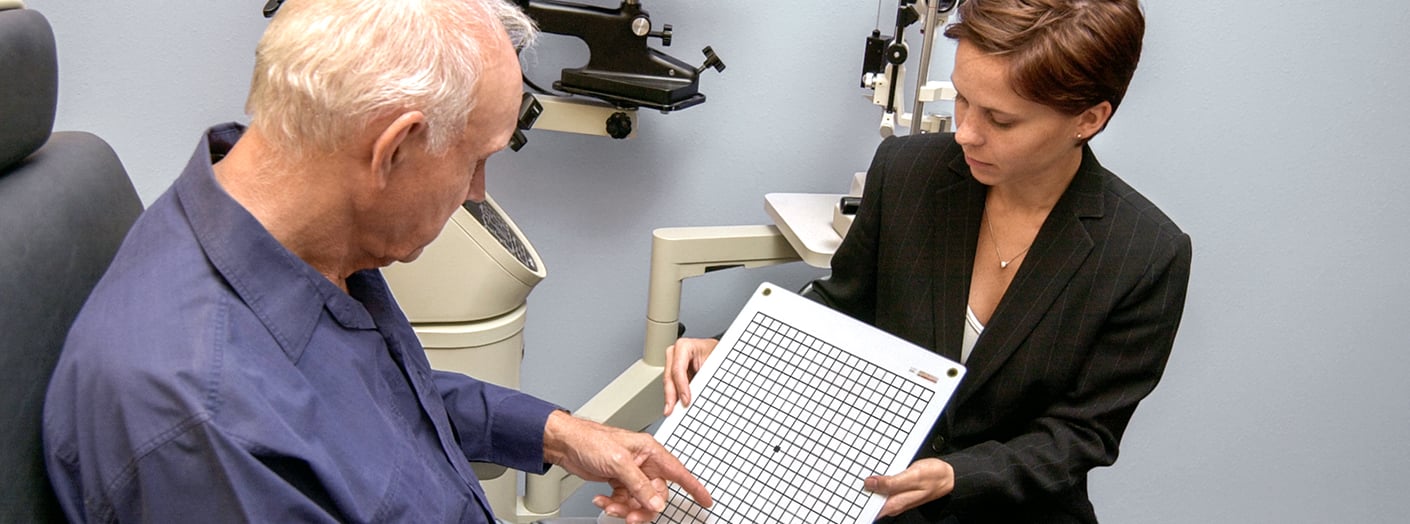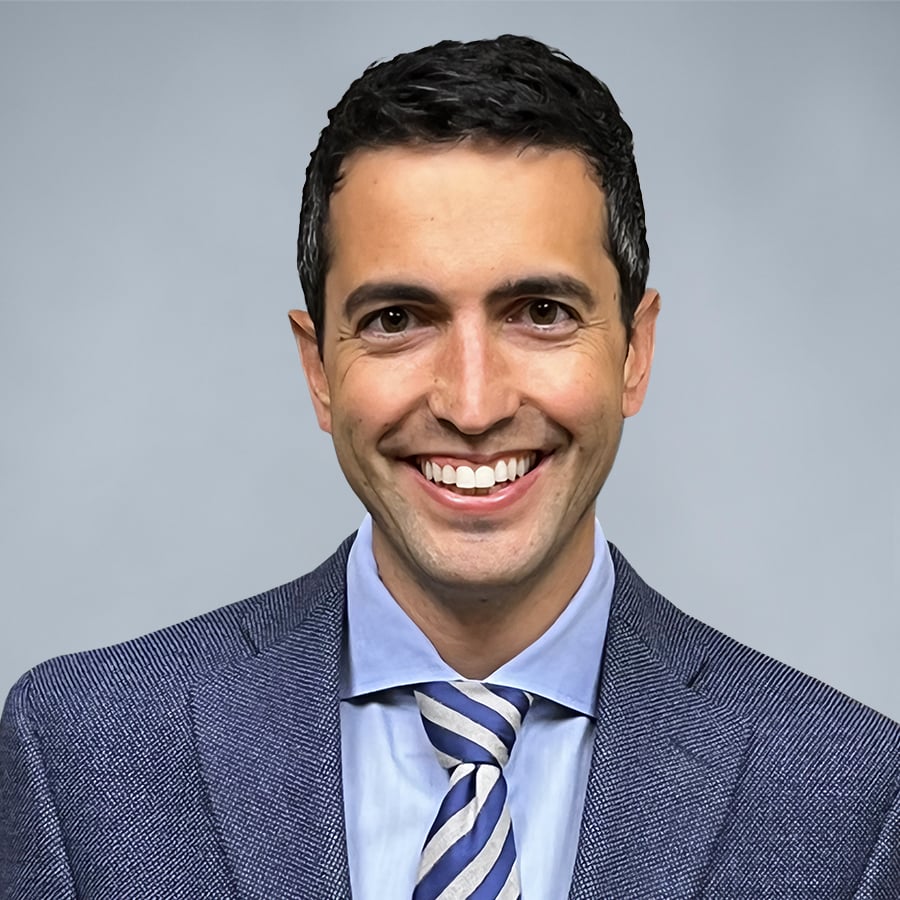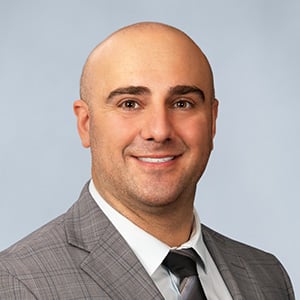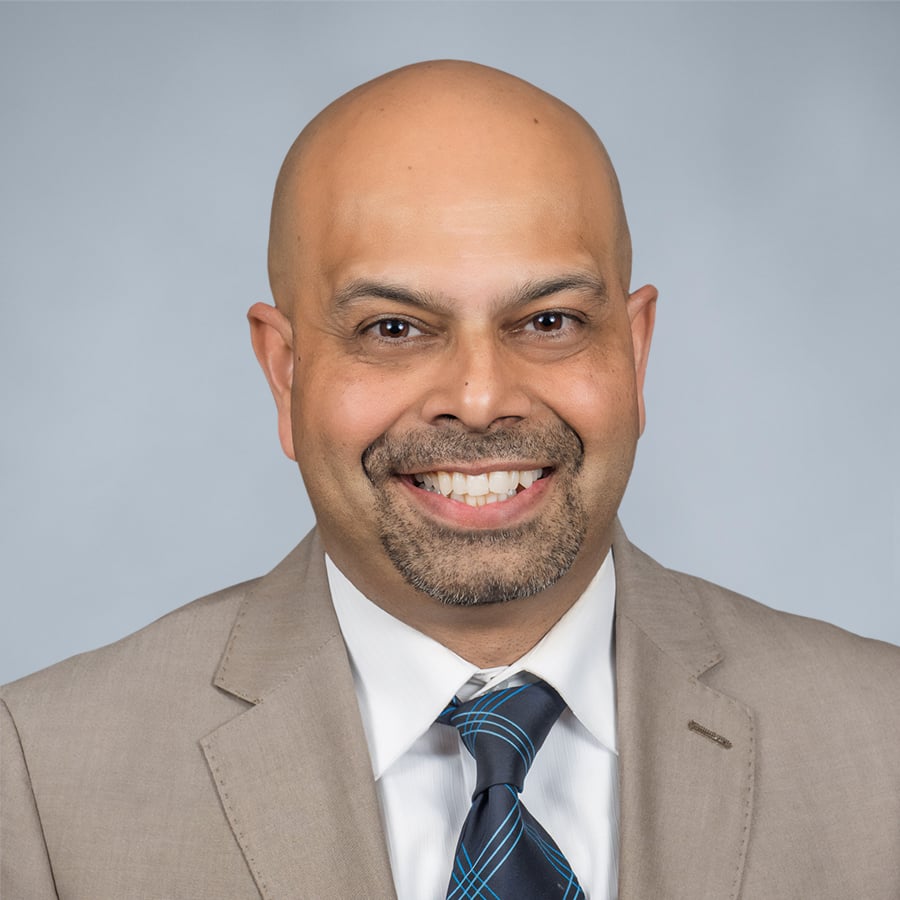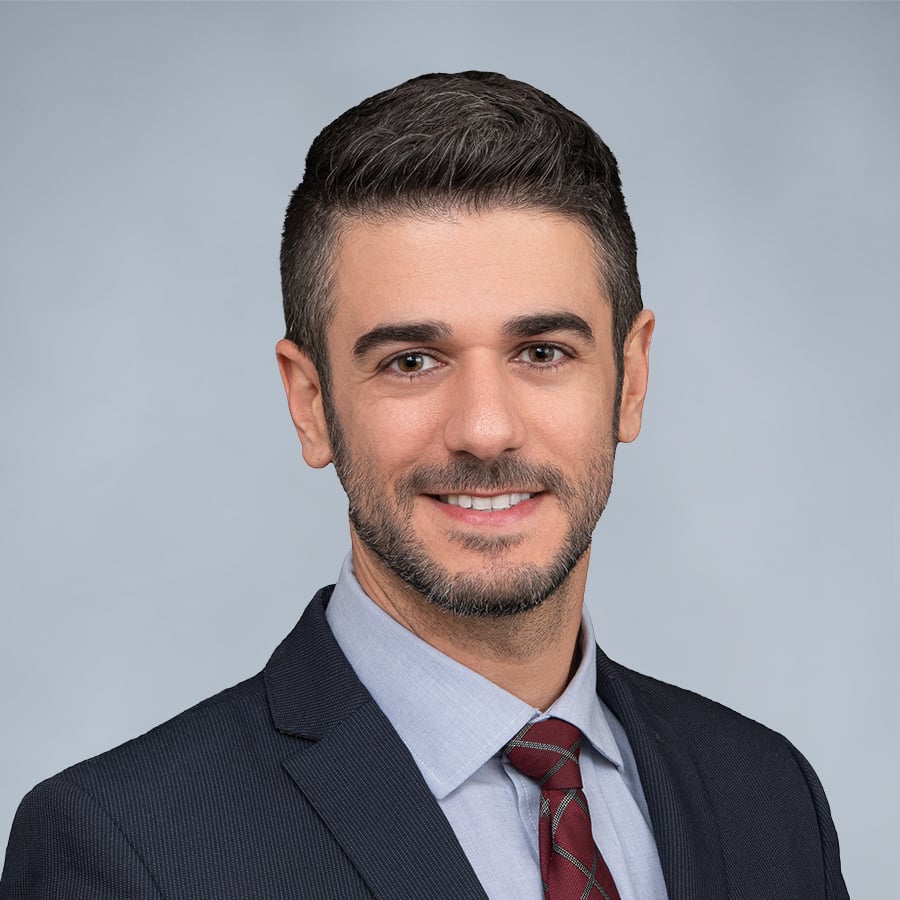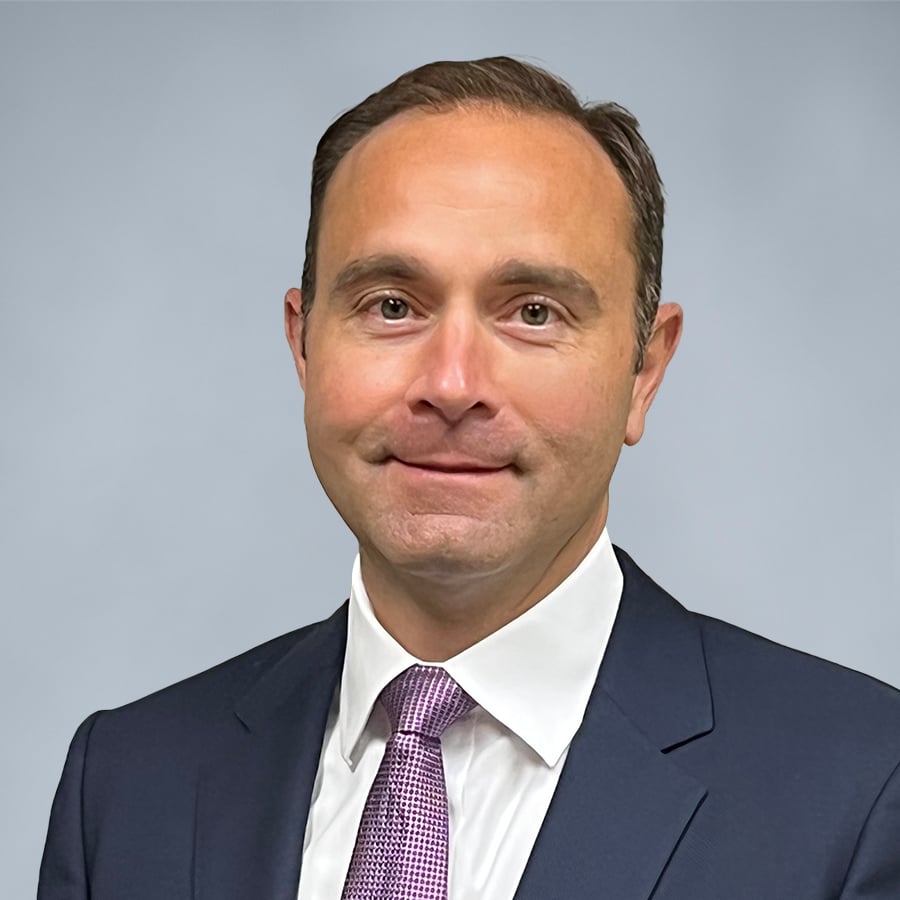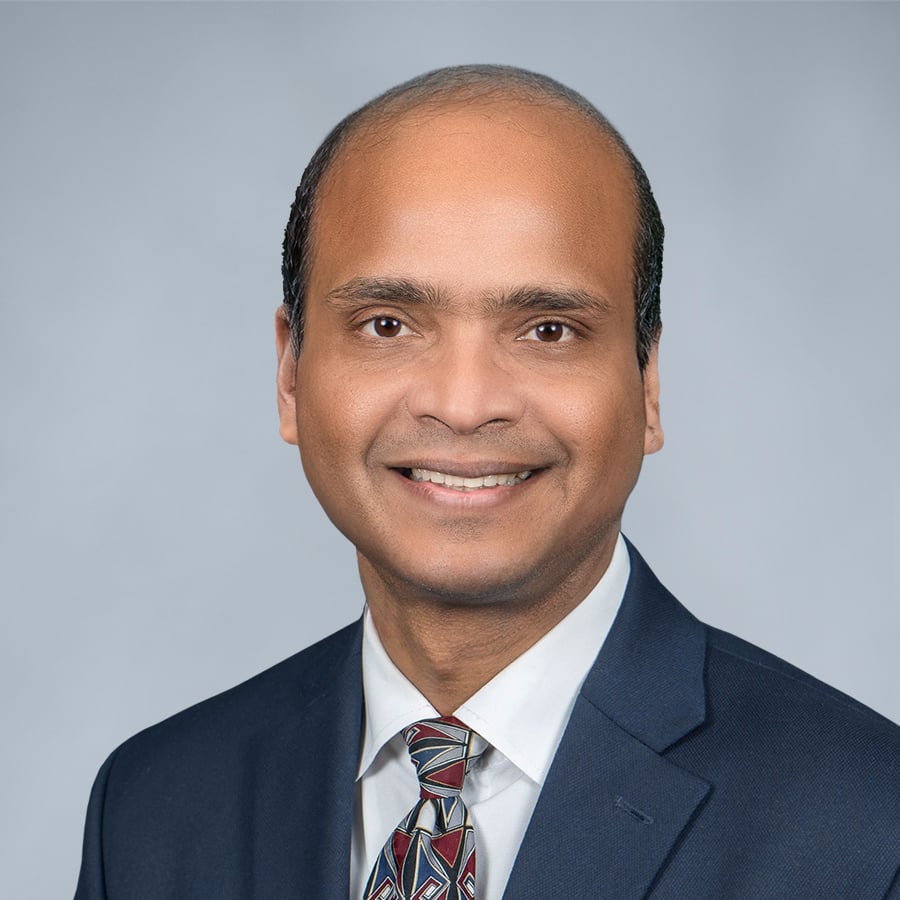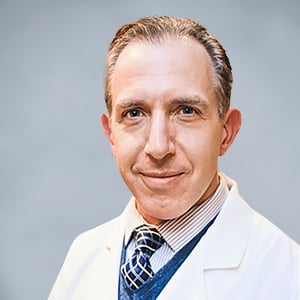Your eyes are one of the most important parts of your body, enabling you to see the beauty of your world. The retina is a part of the back of the eye and it is very important to seeing clearly. The retina receives information about everything you see such as colors, shapes and movements. If your retina does not work properly you will not be able to see well and blindness could occur. Regular retinal eye exams are therefore very important.
Retina conditions often occur with the aging eye. Are you experiencing eye issues related to aging? Are you diabetic? As your eyes age, the retina becomes more susceptible to disease. Macular degeneration, diabetic retinopathy, retinal tears, macular holes and macular puckers are common retina issues that develop in aging eyes.
The retina is an extension of the brain. Much like the brain tissue, retinal tissue cannot regenerate. Diseases of the vitreous and retina can cause permanent blindness,so getting regular eye exams is critical for long-term eye care. Our retina eye doctors will carefully examine the retina and other structures located inside the back portion of the eye. Early and adequate treatment can stop further damage to the retina and result in better outcomes. Retina eye exams allow early detection and treatment of retinal disorders.
If you have questions concerning the retina, please visit our common retina disorders page for reference.
What is the retina?
The retina is located at the back of the eye and is a small patch of light sensitive tissue.
This layer of tissue is connected to the optic nerve, and is responsible for processing images projected onto it; from there the optic nerve transmits these images to the brain.
When examining the retina, the doctor puts special drops in the eye to dilate the pupil. Through the dilated pupil, the doctor is able to see the retina clearly using an ophthalmoscope (a tool that shines a light through a magnifying lens and into the back of the eye).
Retinal eye disorders are often diagnosed and treated by an ophthalmologist or a retinal specialist. A retina specialist is a medical doctor trained as an ophthalmologist, who has received additional fellowship training in diseases and surgery of the vitreous and retina.
